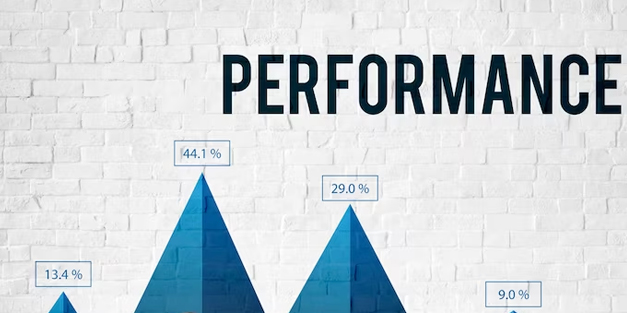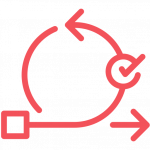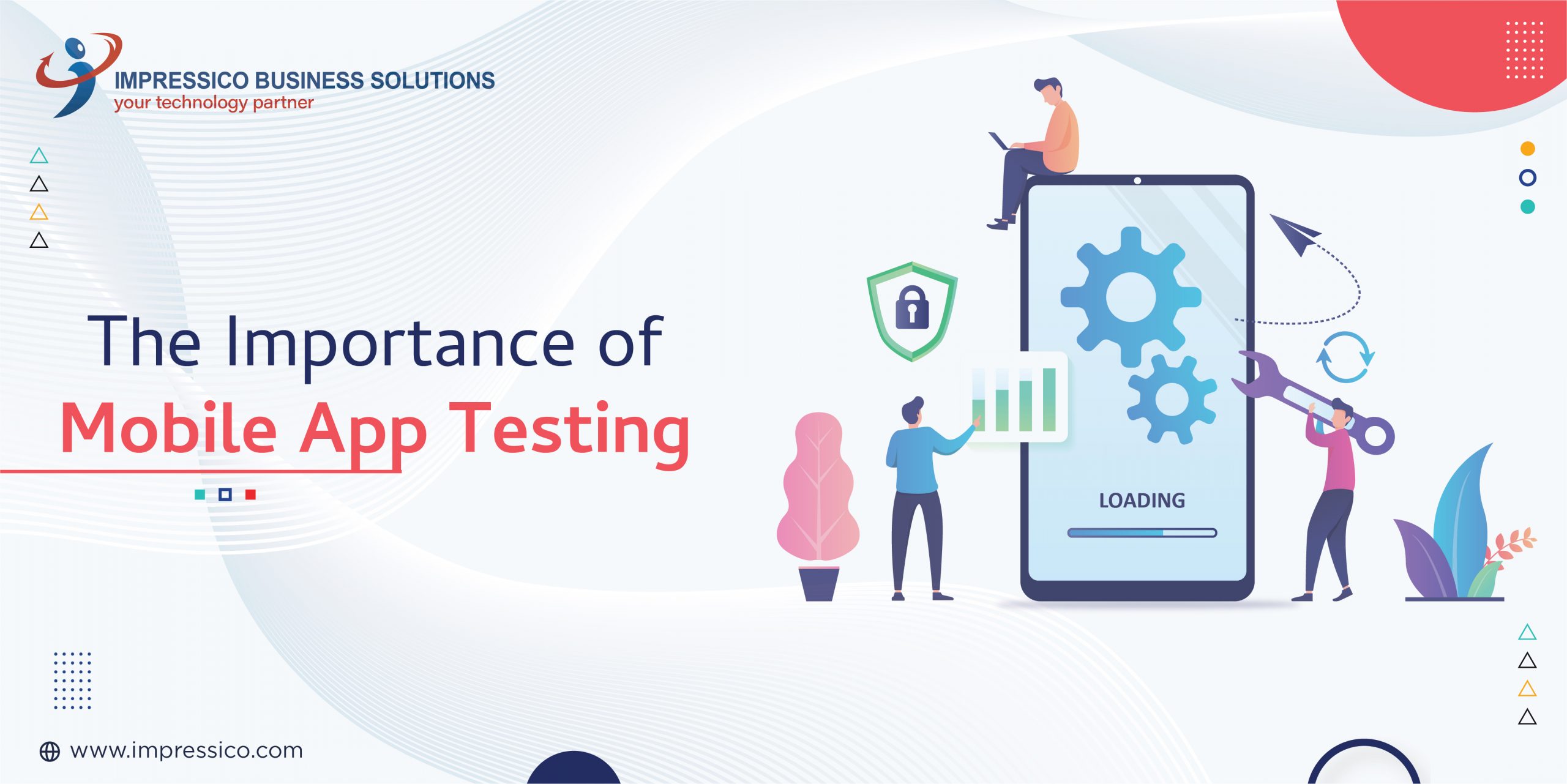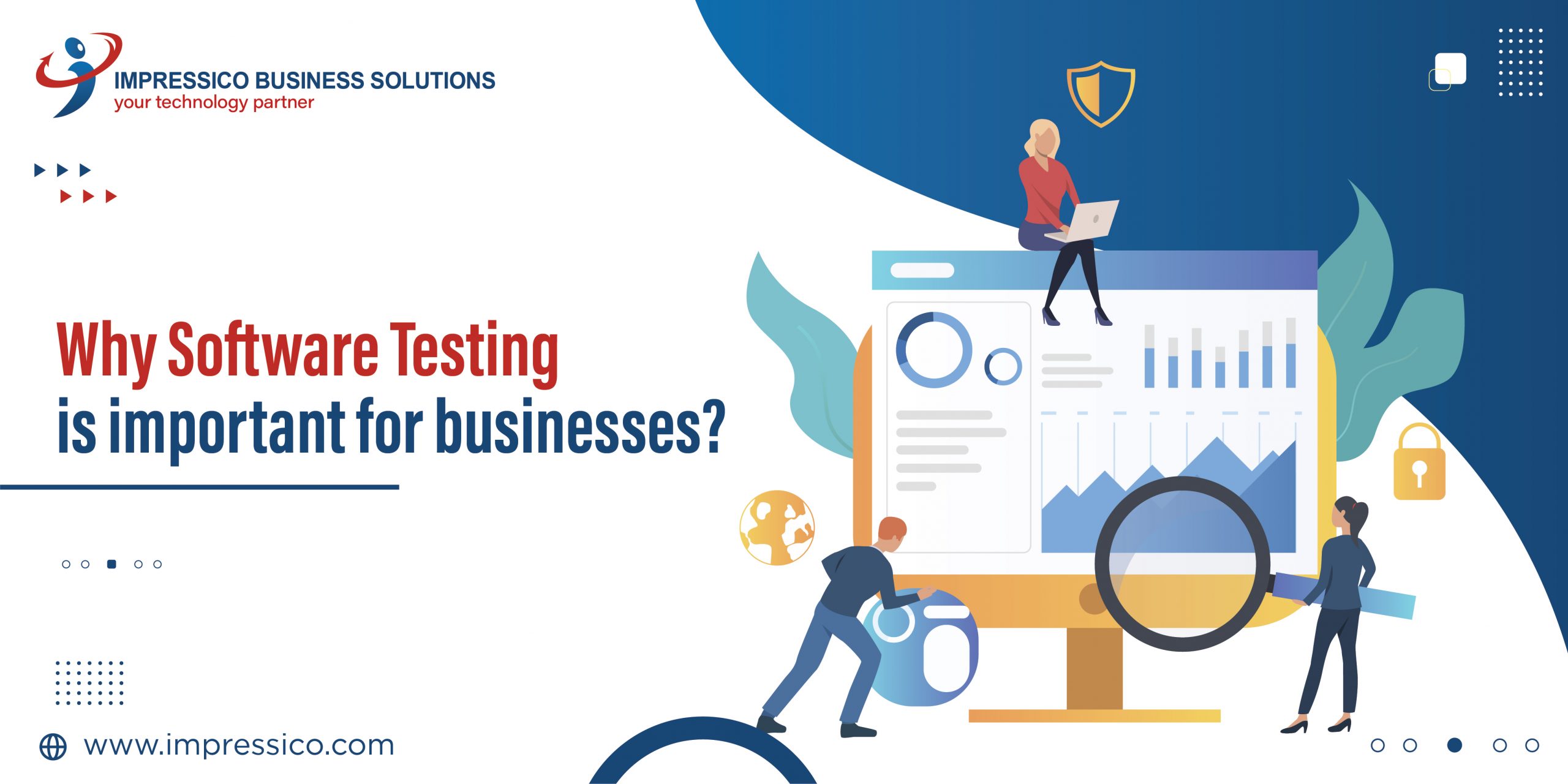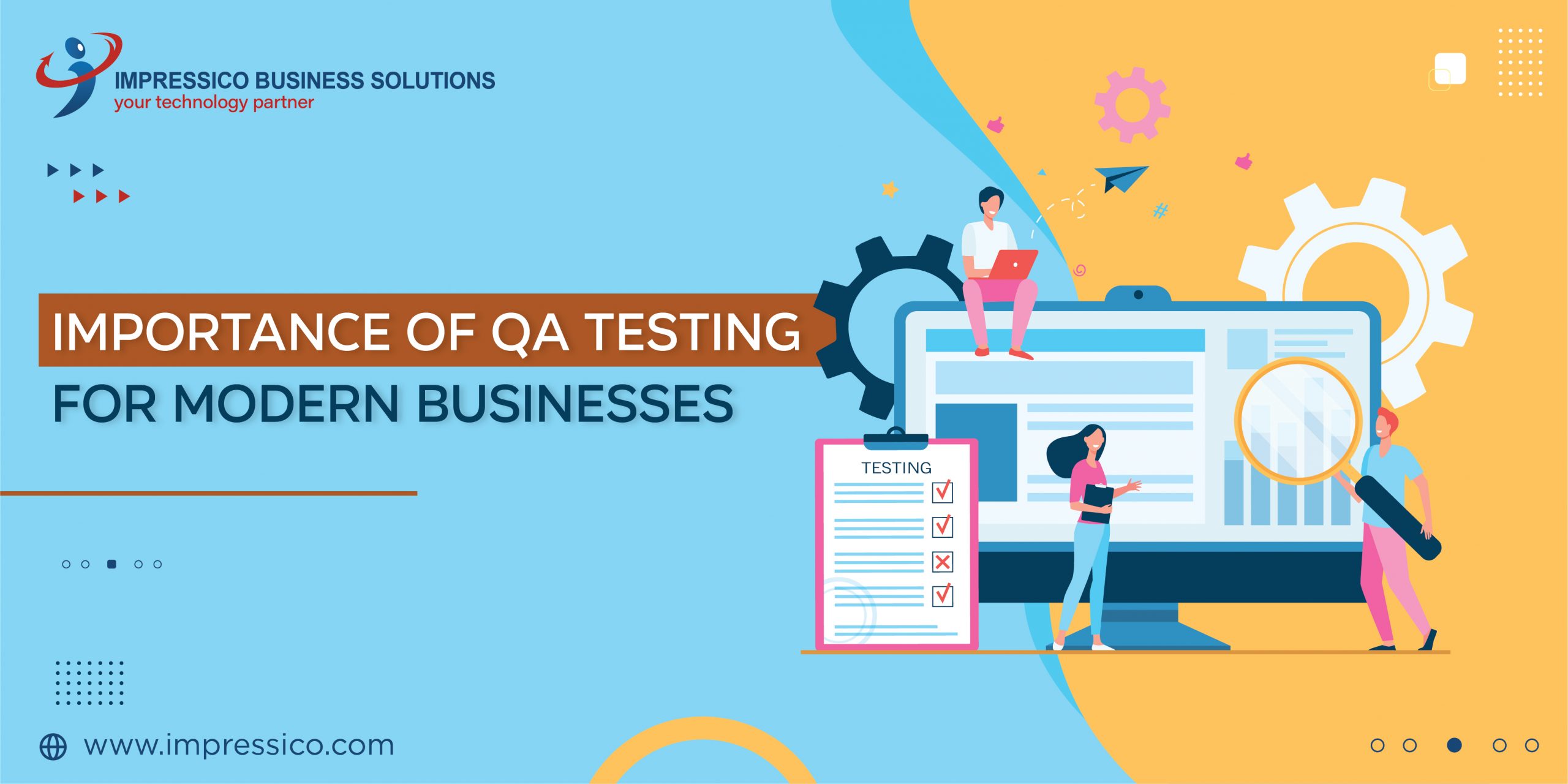Planning: In this step, the SQA team develops a plan for how the quality of the software will be ensured. The plan typically includes details such as the quality standards to be met, the resources required, the testing methodologies to be used, and the timelines for completion.
Requirements Analysis: In this step, the SQA team analyzes the software requirements to ensure that they are clear, complete, and consistent. The team checks that the requirements can be tested and that the testing process is documented.
Design Review: In this step, the SQA team reviews the software design to ensure that it meets the requirements, is technically sound, and is testable. The team checks that the design is documented and that it includes all necessary details.
Implementation Review: In this step, the SQA team reviews the software implementation to ensure that it meets the design specifications, is consistent with the requirements, and is error-free. The team checks that coding standards are followed, documentation is complete, and version control is in place.
Testing: In this step, the SQA team conducts various testing activities to ensure that the software is functioning as expected, meets the requirements, and is free of defects. Testing activities may include functional testing, regression testing, performance testing, and security testing.
Release Management: In this step, the SQA team ensures that the software is released in a controlled and systematic manner. The team ensures that the release process is documented, that the release meets quality standards, and that any defects found during testing are addressed.
Continuous Improvement: In this step, the SQA team reviews the entire SQA process to identify areas for improvement. The team evaluates the effectiveness of the quality assurance process and suggests changes to improve the quality of future software releases.
Overall, the SQA process is designed to ensure that software products meet specified quality standards and that defects are detected and addressed early in the development process. By following a systematic SQA process, companies can ensure that their software products are of high quality, meet customer requirements, and are delivered on time and within budget.






